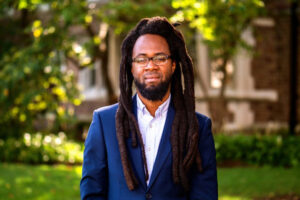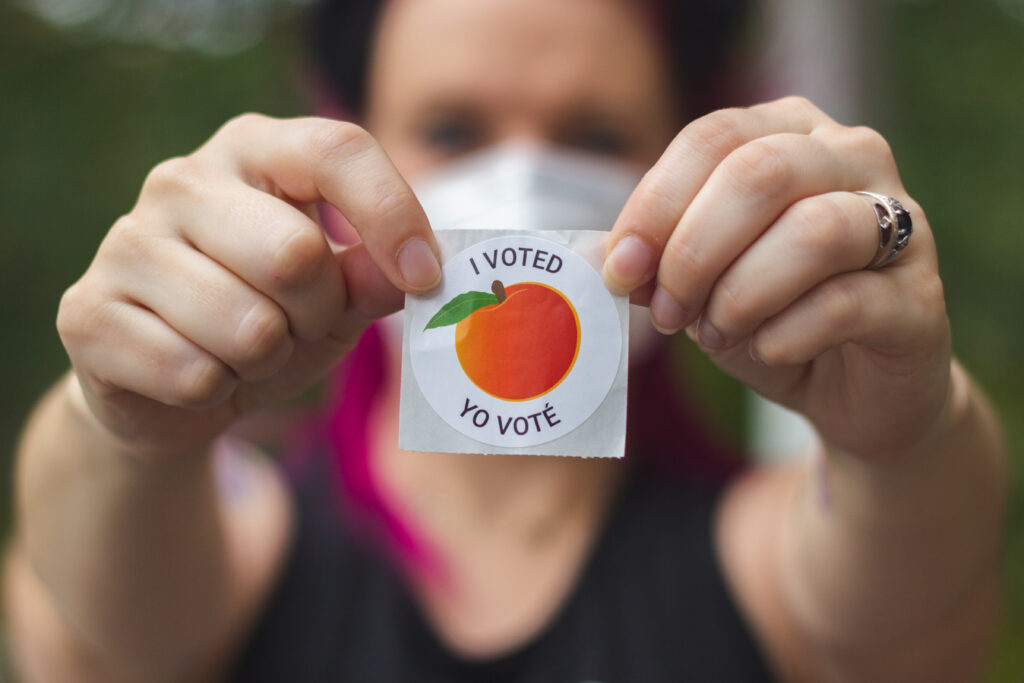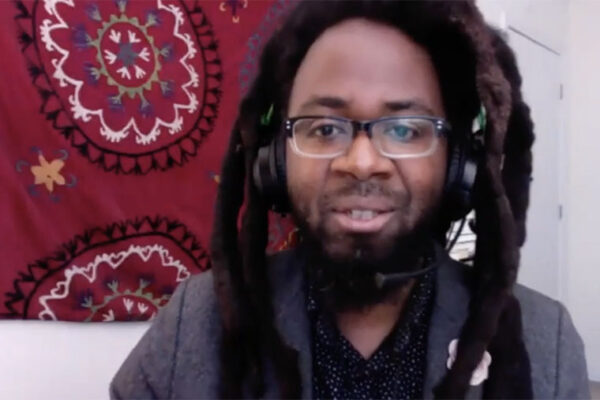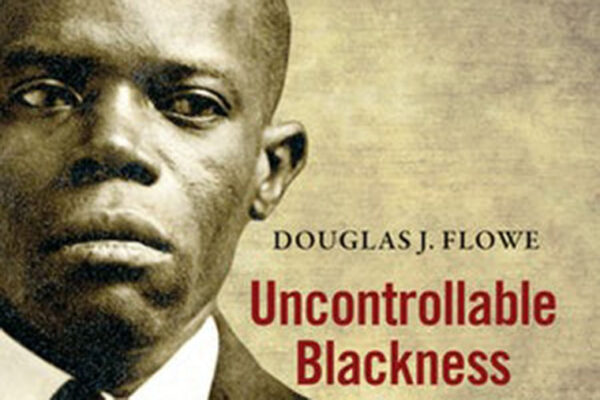
The 2020 presidential election is over. Joe Biden has won. Donald Trump’s vote totals, electoral count and legal challenges have all fallen short.

And yet the clarity and consensus that elections once brought, however grudgingly, now founders on the rocky shores of post-fact partisanship, says Douglas Flowe, assistant professor of history in Arts & Sciences at Washington University in St. Louis.
“Despite what most of the world sees as a political victory for Joe Biden, the end of the presidential election has descended into a kind of chaos with which we’re all too familiar,” Flowe observed. “Trump declares that he won the election, Twitter is ablaze with divisive language, allied politicians and conservative news anchors stubbornly question the results — all while the COVID-19 pandemic continues to rage out of control. A pandemic, mind you, that half of the country seems to believe is little more than a hoax.”
In Georgia, which Biden won by roughly 14,000 votes, according to The Associated Press, a recount is underway, and Secretary of State Brad Raffensperger recently announced that all ballots will be recounted by hand.
“On the face of it, this sounds like a great idea,” Flowe said. “If Georgia’s ballots are recounted by hand, we can then feel a sense of certainty about who won and be done with it, right? That would be wonderful. But however it goes, what’s to stop either side from then calling the recount fraudulent?
“No matter where you stand on this election, it should make you anxious that we, as a country, might never free ourselves from the seemingly endless struggle to define reality — a struggle that has unquestionably been magnified by the last four years of Trump’s presidency. The election has ended, Biden has been elected. But no matter what happens with Trump’s ongoing allegations of fraud by the Democratic party, it’s clear that we’ve entered uncharted territory, where reality is increasingly defined by the perspectives, and information feeds, of the bearer.
“The question is, if political division now constitutes separate realities, where do we go from here?”


